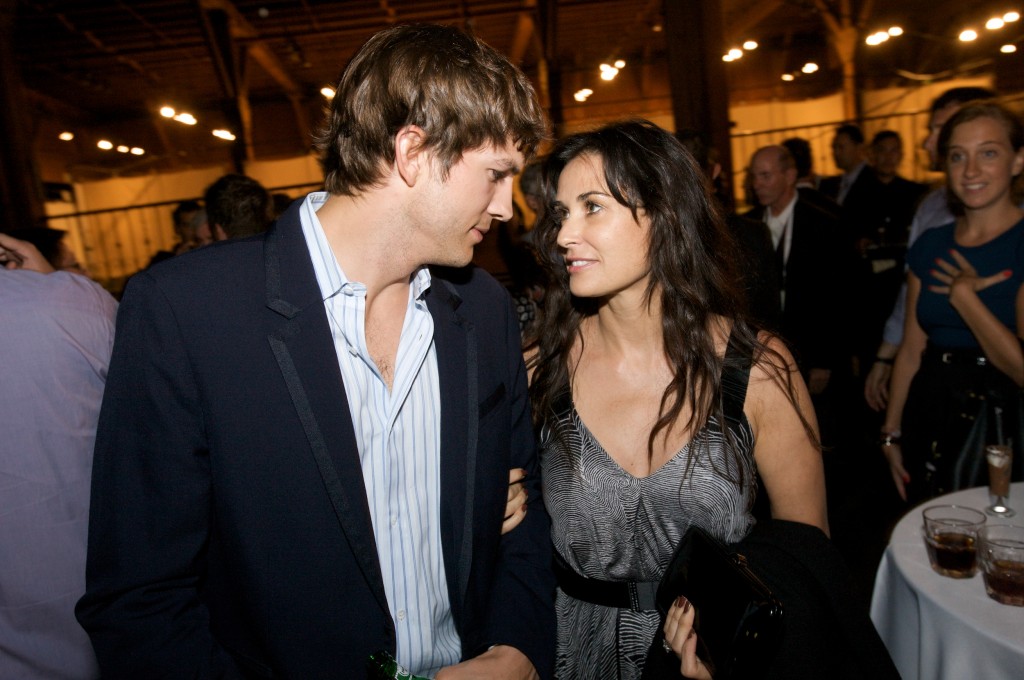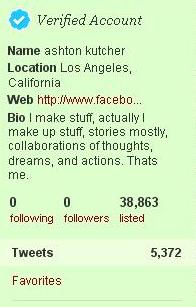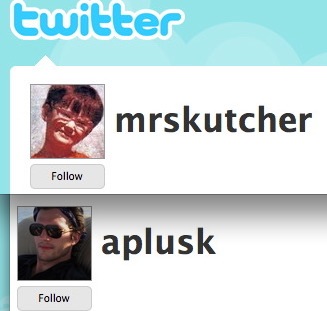Contests are a really useful way of drawing traffic and attention to a site. They can be used to launch a product, a site, a television show… You, of course, know all this since so many companies utilize them in order to get subscriptions, feedback, reviews, tweets, whatever. They gain potentially a very large amount of publicity (at times) for a small amount of money.
But let’s disregard that. I think contests are fun. I’ve won a handful during my lifetime and that was always exciting (even if I didn’t want the prize).
The very first ‘modern’ site I created is a book and movie review site (I’m not considering the sites I created in the mid 90s nor the eCommerce-type sites I created for work). This site is still up and running – it’s the site I put the most effort into, but, unfortunately, is practically abandoned. The problem is that even though it has quite a lot of dedicated followers (and a Facebook group), it is simply not worth the time I put into it: no ad or any form of monetization seemed to work and I just couldn’t afford working on it.
At the time I thought of running weekly contests. I never finalized the details, but I thought of sending a book (of choice) to the person who will write the most interesting book review, which I could use. I thought it would be a good way of getting content, even if somewhat expensive, but more importantly, it would be fun! BUT I was too busy so I never did it.
Several conversations I had recently made me feel like running such a contest again. This time, here, on my blog. However, I am still unsure about the details. Nor am I sure I want to go ahead with it.
I figured, why not use the blog itself to get answers to my dilemma? At the moment I’m considering that in order to participate in the contest a person will have to:
- Sign up to my blog newsletter (he can always unsubscribe later).
- Tweet about the contest
- Leave a comment that he’s signed up
- And that sort of thing. Nothing that requires any effort or commitment.
In exchange, I’ll help the winner get 3,000 followers – actually, almost certainly more – in about 10-12 days (I don’t want to commit myself to a certain number of days because this largely depends on the starting point: a brand new user is definitely harder). If you’ve followed my blog for a while, you probably know I’m pretty good at getting many followers, and quickly too 😉
For some people this might be trivial. For others uninteresting – many people don’t want more followers. However, I know people who both want more followers but don’t know how to get them. Often they are “stuck” at the 2,000 Twitter follower barrier.
A friend of mine said that people might think there’s a catch. No catch. The thing I will gain is potentially more traffic to this blog and have fun. Furthermore, it would involve some work on my end; I wish I could wave a wand and make an account suddenly have 3,000 extra followers – but I’m not Ashton Kutcher, you know (for me he’ll always be the king of Twitter! You hear this, Britney??). Also, obviously I’d need to know the user’s password to arrange this, but he/she can change it every day and let me know, whatever. I truly don’t care.
If people think this is a good idea, I’d also need to determine a way to pick the winner. Could be random, could be another criteria, like, coming up with the funniest Twitter Jail joke (a trend I began at the time!). Frankly, I’m undecided.
Is this ‘prize’ worth it? You tell me. Let me know your thoughts. I really like the idea of running a contest but as I said, still fine-tuning the details. I only want to do this if other people think this could be fun too.





